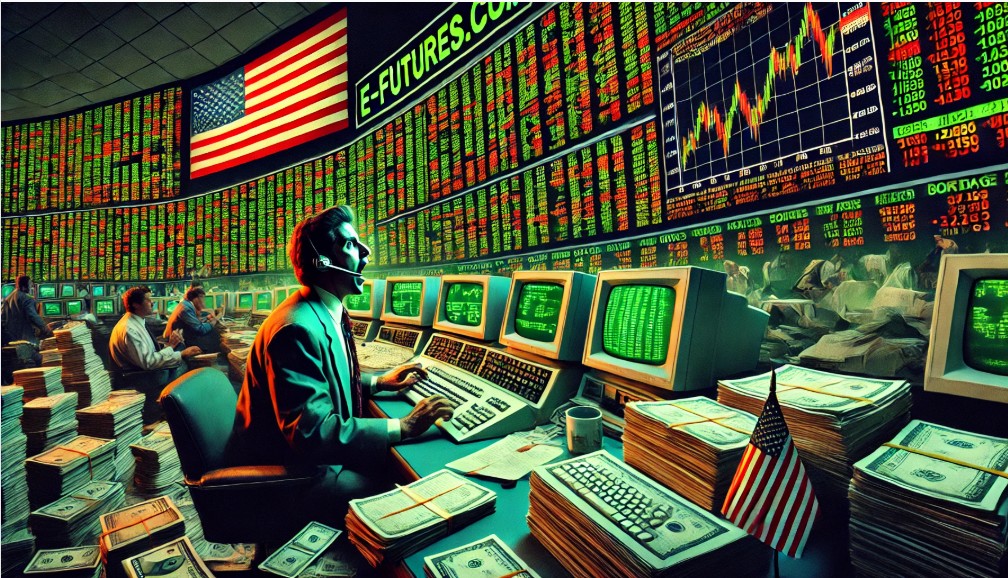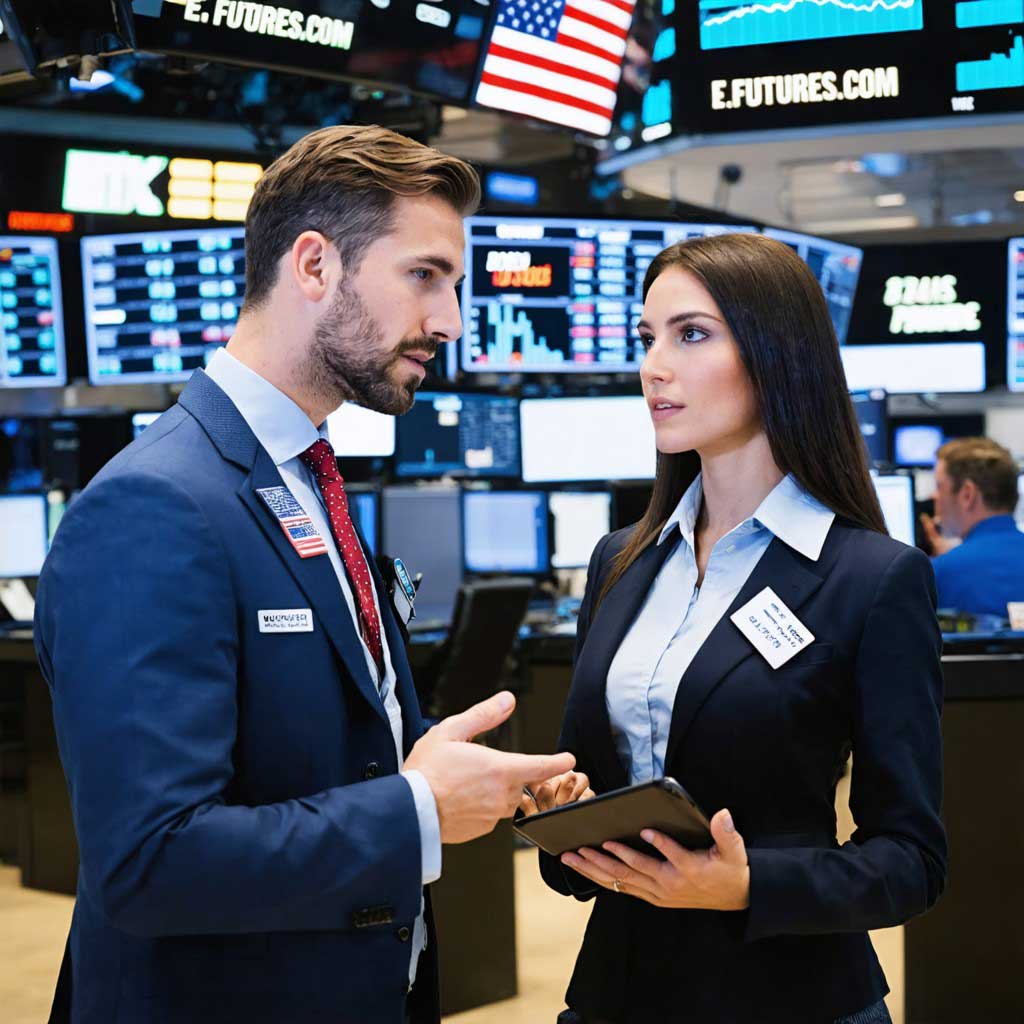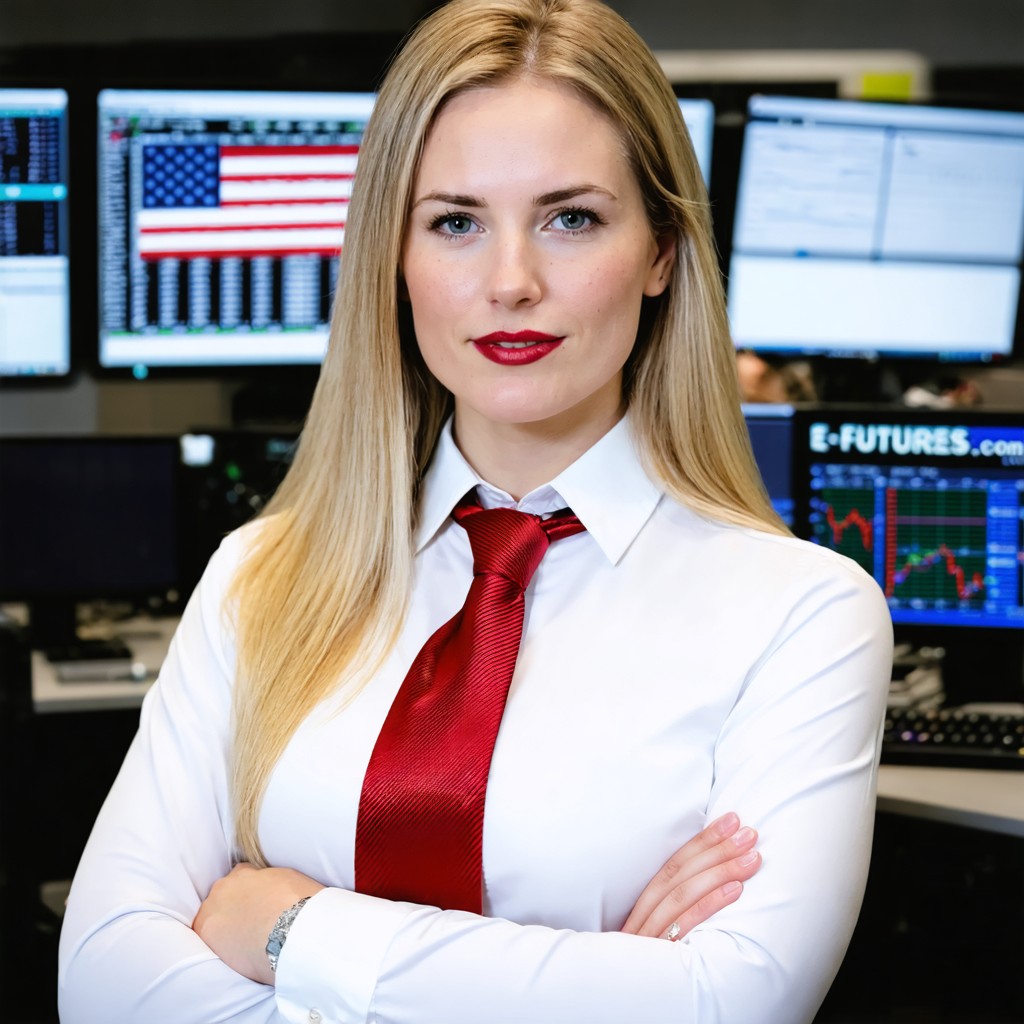Futures trading is a dynamic, high-stakes financial activity that requires precision, a robust platform, and a knowledgeable futures trading broker to navigate the markets successfully. For traders seeking to optimize their strategies, efficient risk mitigation, and seamless execution, selecting the best platforms for trading futures is crucial. This article will explore three exceptional futures trading platforms: CannonX and CannonPro—both powered by Cannon Trading Company—and E-Futures.com, a premier futures broker renowned for its customer satisfaction and top-tier regulatory standing.
The Significance of Choosing a Trusted Futures Trading Broker
Trading futures requires a sophisticated platform that provides real-time data, analytical tools, and seamless trade execution. The right futures trading broker can help traders efficiently execute futures contract trading strategies while mitigating risk through advanced trading tools. Whether you are a seasoned futures trader or a novice exploring futures trading, selecting a reliable and compliant broker ensures a competitive edge in the market.
CannonX: A Cutting-Edge Futures Trading Platform
Features of CannonX
CannonX is one of the best platforms for trading futures, offering cutting-edge technology designed for professional and retail traders alike. Built for speed, precision, and efficiency, CannonX provides:
- Real-Time Data Streaming: Traders receive live market data for informed decision-making.
- Advanced Charting Tools: A wide array of customizable charts and technical indicators to support diverse trading strategies.
- Automated Trading Support: Algorithmic and automated trading capabilities enhance execution efficiency.
- Multi-Asset Trading: While primarily focused on futures contract trading, CannonX allows access to other asset classes, broadening investment opportunities.
- Mobile Trading Access: A robust mobile application ensures that traders can execute trades on the go, an essential feature in fast-moving markets.
Costs of Using CannonX
CannonX is competitively priced, offering traders a cost-effective way to engage in futures trading. The platform provides:
- Low Commissions: Competitive commission rates tailored for high-volume traders.
- No Hidden Fees: Transparent pricing to ensure traders fully understand their costs.
- Minimal Platform Fees: Reasonable subscription fees for access to advanced tools and features.
Operating Hours
As one of the best platforms for trading futures, CannonX operates during market hours that align with CME Group and other major futures exchanges. This ensures 24-hour market access, allowing traders to engage in futures contract trading at any time that suits their strategies.
Benefits of Trading with CannonX
- Enhanced Speed and Performance: A state-of-the-art execution engine ensures that traders never miss an opportunity.
- Risk Mitigation Tools: Built-in stop-loss, trailing stop, and bracket order functionalities.
- User-Friendly Interface: Ideal for both seasoned futures traders and newcomers.
CannonPro: A Professional-Grade Futures Trading Platform
Features of CannonPro
CannonPro, another powerful platform powered by Cannon Trading Company, is designed for professional traders who require institutional-grade tools. This platform offers:
- Advanced Order Types: Including market, limit, stop, bracket, OCO (One Cancels Other), and iceberg orders.
- Deep Market Access: Traders can view Level II market depth, providing crucial insights into supply and demand dynamics.
- Risk Management Tools: Features such as margin alerts and portfolio hedging enhance risk control.
- Integrated News Feed: Live news updates keep traders informed of market-moving events.
- Robust API Access: Enables traders to connect third-party trading algorithms and applications.
Costs of Using CannonPro
CannonPro is designed for high-frequency and institutional traders, featuring:
- Low-Latency Execution: Essential for scalpers and algorithmic traders.
- Competitive Pricing Models: Based on trading volume and frequency.
- Data Feed Customization: Traders can select from various data packages to optimize performance.
Operating Hours
Like CannonX, CannonPro operates in accordance with global futures markets, providing traders 24/6 market access. This ensures that futures traders can execute trades whenever necessary.
Benefits of Trading with CannonPro
- Institutional-Grade Trading: Professional tools designed for serious traders.
- High-Level Security and Compliance: Adherence to NFA compliance guidelines ensures safe trading.
- Customizable Interface: Tailor-made trading environment for specific strategies.
Why E-Futures.com is a Leading Futures Broker
E-Futures.com has earned a reputation as one of the best platforms for trading futures, boasting a 5 out of 5-star rating on TrustPilot and decades of experience in the futures trading industry. Traders flock to this futures trading broker for several compelling reasons.
Features of E-Futures.com
E-Futures.com provides its traders with a seamless trading experience through:
- CannonX Integration: E-Futures.com supports CannonX, ensuring a top-tier trading experience.
- Dedicated Customer Support: Personalized assistance tailored to traders of all experience levels.
- Educational Resources: A comprehensive library of tutorials, webinars, and trading guides.
- Regulatory Compliance: Full adherence to NFA and CFTC regulations for maximum trader protection.
- Diverse Asset Access: Trade futures contracts across multiple sectors, including commodities, indices, and interest rates.
Costs of Trading with E-Futures.com
E-Futures.com offers highly competitive pricing models, including:
- Transparent Commission Structures: No hidden costs, ensuring traders have clear expectations.
- Low Margin Requirements: Allowing traders to leverage capital efficiently.
- Flexible Pricing Plans: Catering to both retail and professional traders.
Operating Hours
E-Futures.com operates in sync with global futures markets, ensuring seamless 24-hour access to futures trading. This enables traders to react to market changes as they happen.
Benefits of Trading with E-Futures.com
- Top-Rated Customer Satisfaction: 5-star ratings on TrustPilot indicate a strong commitment to client success.
- Regulatory Excellence: Fully compliant with U.S. regulatory bodies.
- User-Centric Trading Environment: Designed to accommodate traders of all experience levels, from beginners to professionals.
Efficient Risk Mitigation Across These Platforms
Risk management is a critical component of successful futures contract trading. CannonX, CannonPro, and E-Futures.com all offer risk mitigation features, including:
- Stop-Loss and Limit Orders: To prevent excessive losses.
- Margin Alerts: To ensure traders maintain adequate capital reserves.
- Portfolio Hedging: Enabling traders to protect their investments against adverse market moves.
For those looking for the best platforms for trading futures, CannonX, CannonPro, and E-Futures.com stand out as premier choices. Each platform offers unique advantages tailored to different trading styles, ensuring that traders have the necessary tools, support, and market access to succeed. Whether you’re an experienced futures trader or just starting in futures contract trading, these platforms provide an optimal blend of technology, customer support, and regulatory compliance to enhance your trading future.
To open an account with E-Futures.com, please click here.
Ready to start trading futures? Call US 1(800)454-9572 – Int’l (310)859-9572 email info@cannontrading.com and speak to one of our experienced, Series-3 licensed futures brokers and start your futures trading journey with E-Futures.com today.
Disclaimer – Trading Futures, Options on Futures, and retail off-exchange foreign currency transactions involves substantial risk of loss and is not suitable for all investors. Past performance is not indicative of future results. You should carefully consider whether trading is suitable for you in light of your circumstances, knowledge, and financial resources. You may lose all or more of your initial investment. Opinions, market data, and recommendations are subject to change at any time.
Important: Trading commodity futures and options involves a substantial risk of loss. The recommendations contained in this writing are of opinion only and do not guarantee any profits. This writing is for educational purposes. Past performances are not necessarily indicative of future results.
**This article has been generated with the help of AI Technology. It has been modified from the original draft for accuracy and compliance.
***@cannontrading on all socials








